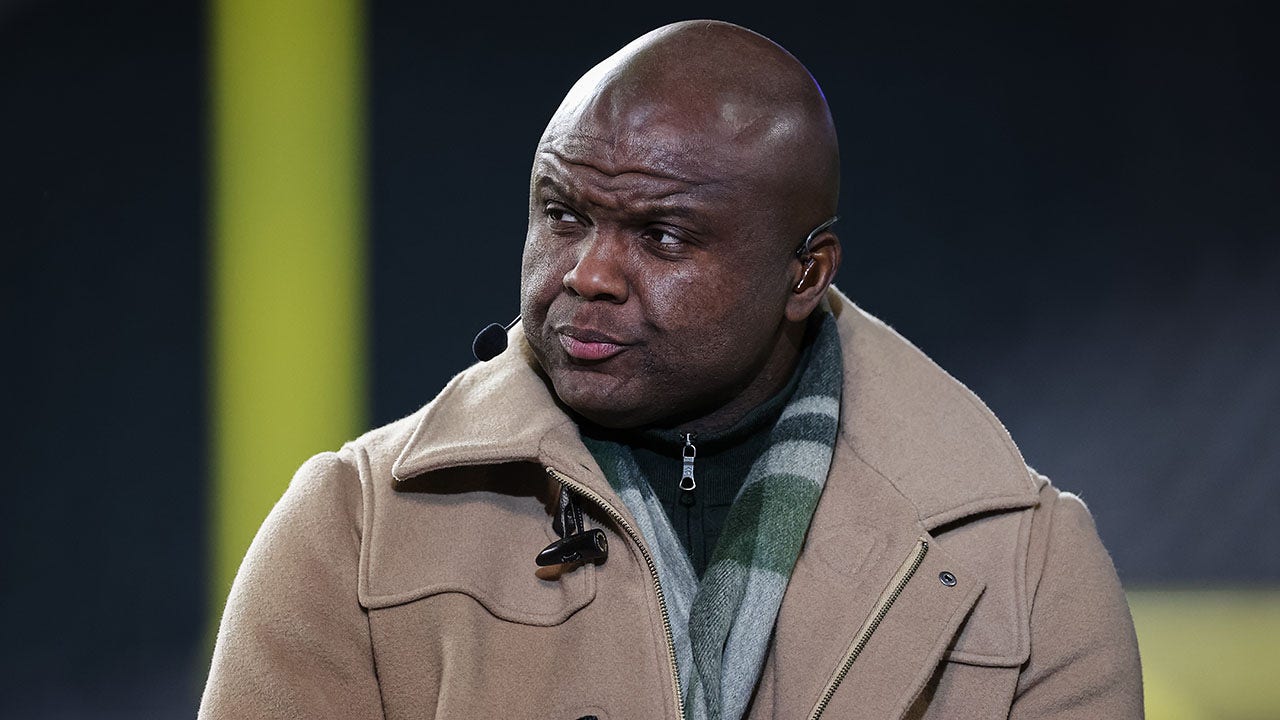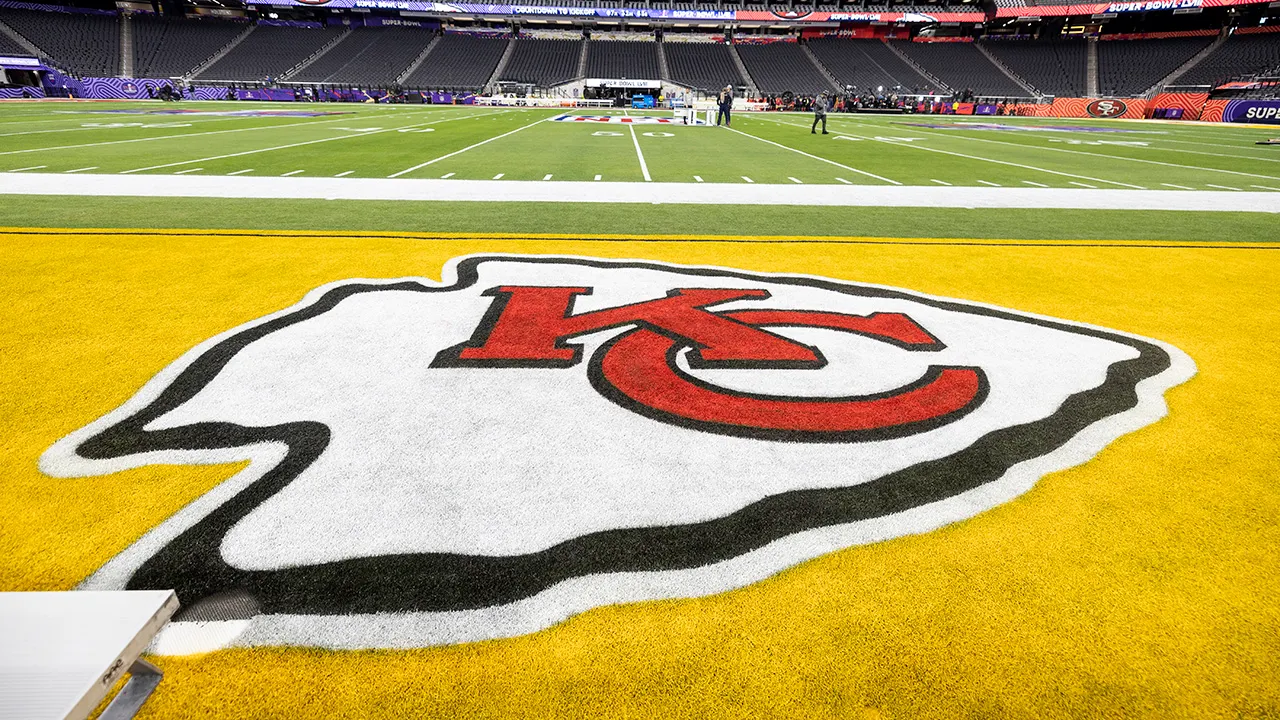Want a great credit score? You have to understand how credit scoring models examine how you handle your debts.
Then there is the economy. Even though many economic indicators are upbeat, people aren’t feeling financially secure. They’re still paying more for groceries than before the pandemic because of inflation. This summer, mortgage rates surged to the highest level in two decades.
Credit card debt hit an all-time high of $1 trillion. Delinquencies for credit cards and auto loans have also climbed.
A new Bankrate.com survey found that 59 percent of adults feel the economy is in a recession. In fact, many households liken it to a “silent recession.”
There’s a lot you don’t have control over. But there are some steps you can take to start off 2024 on a better financial footing. Here are eight easy ways to prepare:
Review your monthly bank and credit card statements
Looking back can be painful. But look anyway. You need to own your financial truth. And you can’t do that if you don’t have accurate information.
People tell me all the time, “I don’t spend that much.” But their bank and credit card statements tell a different story.
Can you even remember what you purchased on your credit card from six months ago, three months ago, or even last month?
Before you make any financial resolutions for the new year, take an assessment of your 2023 expenditures.
Total your emergency savings
Yes, this figure may be nonexistent or pitiful, but look at what you saved and honestly ask yourself: “Could I have done better?”
If you couldn’t that’s okay. Living paycheck-to-paycheck may be the best you can do.
But for those who could do better, aim to improve your savings for 2024. And you can’t do that if you aren’t honest about your spending and how you might cut back to save more.
Whenever I ask folks how much they owe, many hesitate. I can see they feel embarrassed to say.
The truth of what they owe — all of it — is often uncomfortable. But that which you don’t acknowledge can go unchecked.
Embracing your debt fully — credit card balances, loans, yes, even your mortgage — can be a powerful motivator to develop a plan to aggressively pay it down.
Check the security strength of your financial accounts
Admit it. You use the same password for a lot of your accounts. This makes you vulnerable on multiple sites. One data breach can give hackers the information they need to attack other accounts.
Or, maybe you still haven’t set up the authentication step your bank has been bugging you about when you sign on to your online account.
Before the year ends, check that you have put enough barriers between criminals and your cash.
Check your credit report and credit score
By law, every 12 months you are entitled to one free credit report from each of the major credit bureaus — Equifax, Experian and TransUnion.
At the onset of the pandemic, the three major credit bureaus began offering folks a free look every week at their credit reports. Although the bureaus had planned to roll back that benefit they instead decided this year to make it permanent.
You can get the free weekly reports by going to annualcreditreport.com.
Checking your credit scores is one of the best ways to get a sense of your overall financial health. If your score is low, start taking steps to improve it, such making sure you pay your bills on time or paying down debt.
Additionally, checking your credit reports regularly can help you spot mistakes and signs of potential fraud or identity theft.
Look at your Social Security statement
When was the last time you looked at your Social Security statement?
It’s important to review it because it has so much information about your earnings, estimated benefits and how much you or your family would receive in disability, survivor or retirement benefits.
Before year end, sign up for an online account at www.ssa.gov/myaccount.
Review your retirement account balances over the last 12 months
Frequently checking your retirement balance can drive up your anxiety. You might also be tempted to make rash moves that cost you money.
But year’s end is a good time to check how your account did and whether you’re saving enough.
If you haven’t been saving enough, consider increasing the percentage of your pay that you’re investing for retirement.
Take an assessment of your financial highs and lows for 2023
Here’s why your car has a rearview mirror:
You need to see what’s behind you as you make your way forward. If you’re paying attention, you can see the reckless drivers coming.
Looking back can help you safely change course. The same is true about your money.
Checking the rearview mirror can help you identify your mistakes and make better financial decisions going forward.
By examining your bank and credit card statements, you can see if you spent too much eating out, money that could have been used to boost your emergency fund.
Realizing you are carrying too much debt might motivate you to get that burden off your shoulders.
In her book, “What I Know for Sure,” Oprah Winfrey credited Maya Angelou as saying the following: “When you know better, you do better.”
But you can’t do better if you don’t take steps to assess what needs to be done.















































